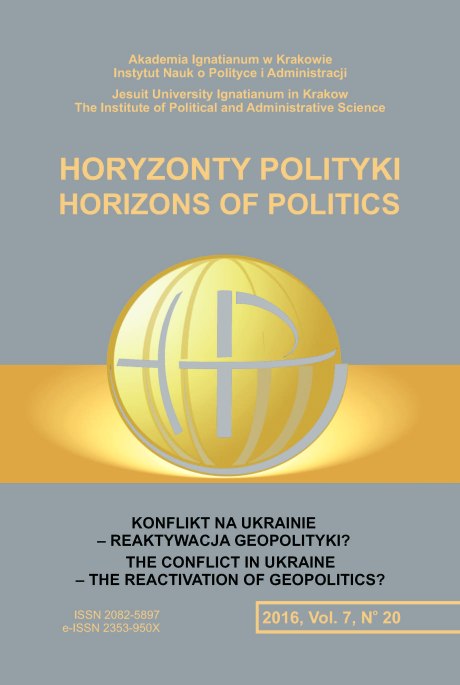Public Policies in the Science Field and the “divide et impera” Issue
Public Policies in the Science Field and the “divide et impera” Issue
Author(s): Luigi LaiSubject(s): Politics / Political Sciences, Politics, Political Theory, Political Sciences
Published by: Uniwersytet Ignatianum w Krakowie
Keywords: innovation;innovation policies;B+R
Summary/Abstract: RESEARCH OBJECTIVE: The purpose of this article is to present the main characteristics of the science public policies in France, Italy and Spain and at the same time the article aims at showing that it is need a strong state coordination over the public R&D stakeholders so to increase efficiency.THE RESEARCH PROBLEM AND METHODS: The presented research problem concerns the effects of the so called multilevel governance on the science public policies in France, Italy and Spain. The methodology applied consists in the analyses of main pieces of legislation of France, Spain and Italy and the observation of the main consequences on the fundamental G.E.R.D. statistics, combined with the analysis of the reference literature.THE PROCESS OF ARGUMENTATION: The argumentative process of this paper is so divided: it is given to every state a section of the paper; The analysis of the countries systems starts with France, being France the country with the strongest state control; then Spain and Italy.RESEARCH RESULTS: Spain presents the most interesting approach to R&D considered the percent of GDP dedicated to R&D and the obtained results; thanks to the important role played by Inter Ministerial Commission on Science and Technology.CONCLUSIONS, INNOVATIONS AND RECOMMENDATIONS: State control over science public policies is still very needed in order to define policies priorities. The form of this control changed in the time but it is still present; even if an initial analysis could produce in the reader the sensation that nowadays the French, Italian and Spanish science public policies are without a relevant state control; under a more prudent analysis, it is perceptible how the central government’s hand is still strong and powerful. Central governments still use their steering power (Imperium); but this power is now put into use in a less coercive way.
Journal: Horyzonty Polityki
- Issue Year: 7/2016
- Issue No: 20
- Page Range: 113-139
- Page Count: 27
- Language: English

